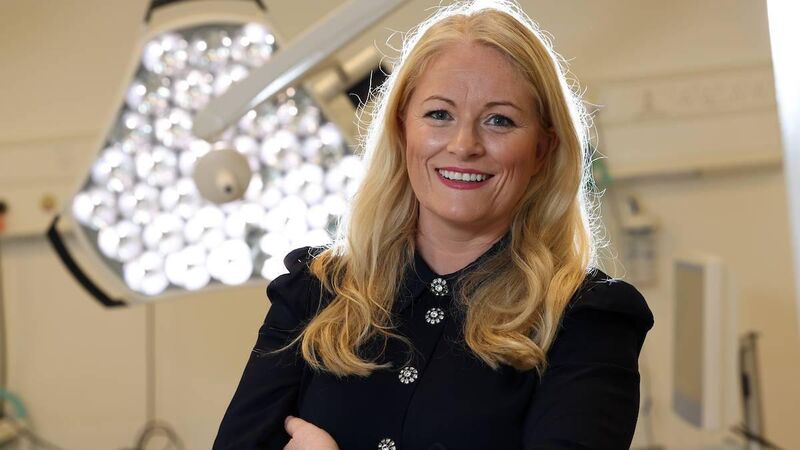Ireland poised to be a leader in global rise of digital health

Dr Sinead Keogh, head of sectors, and director of Medtech and Engineering, Ibec, says Ireland has the highly skilled, adaptable and mobile workforce needed for the country to be a leader in projected global growth in digital health.
Ireland has the potential to be a global hub for the digital health sector which is set to be worth in excess of $1.5 trillion by 2030.
Defined as the intersection between technology and healthcare, digital health encompasses digital transformation in the health sector, incorporating software, hardware and services, the use of digital tech to engage remotely with medical services. The term also covers everything from mobile health apps and wearable devices to telemedicine and electronic health records.














